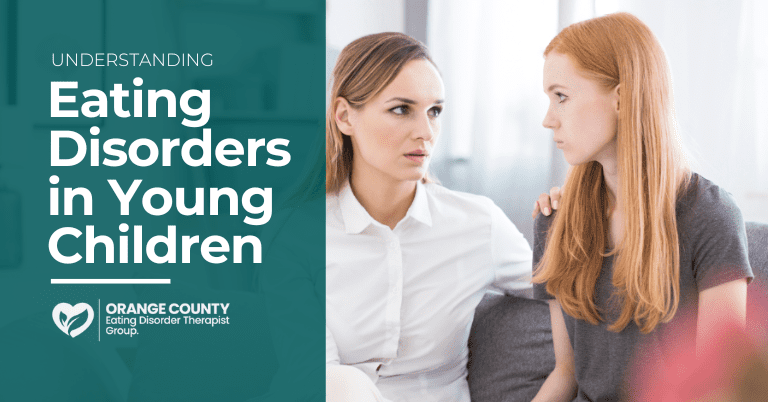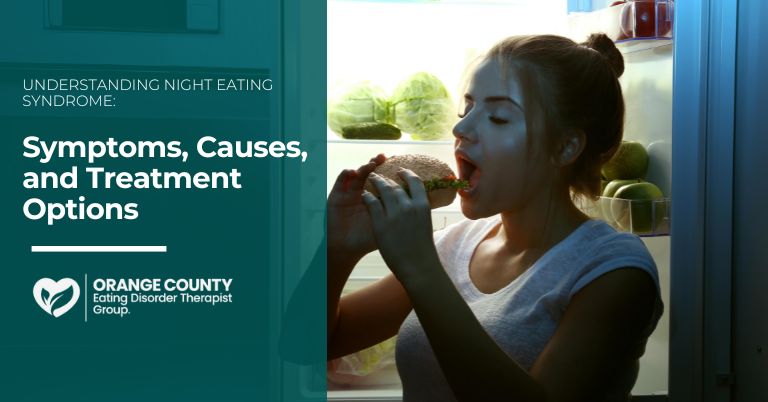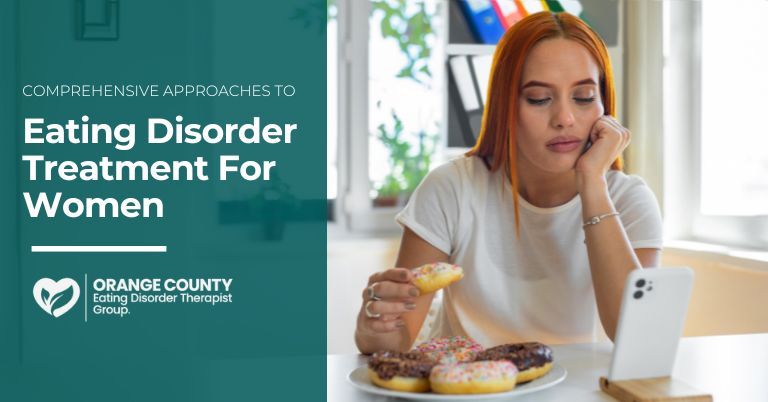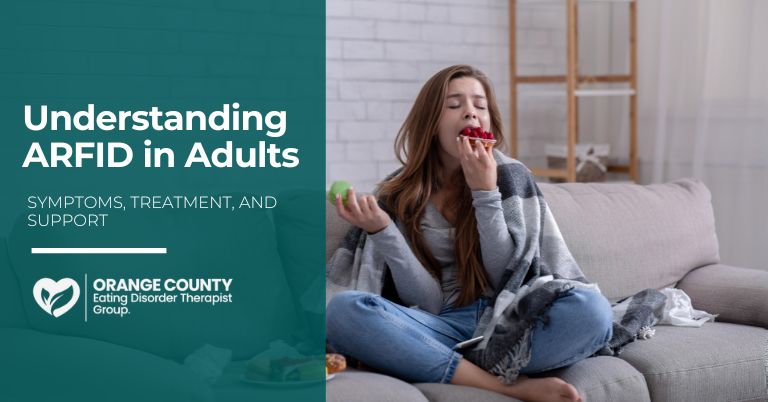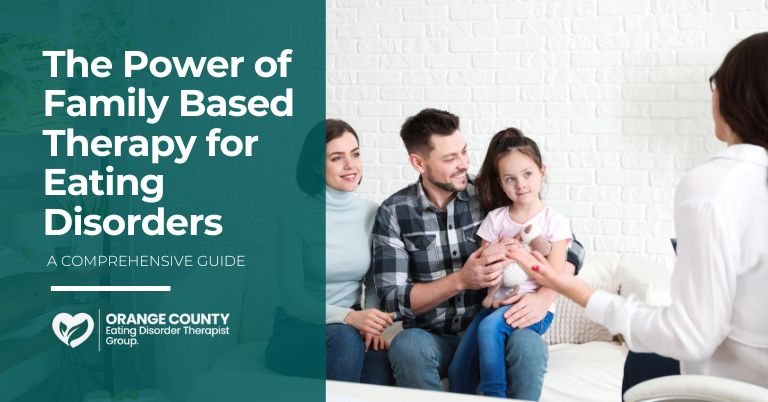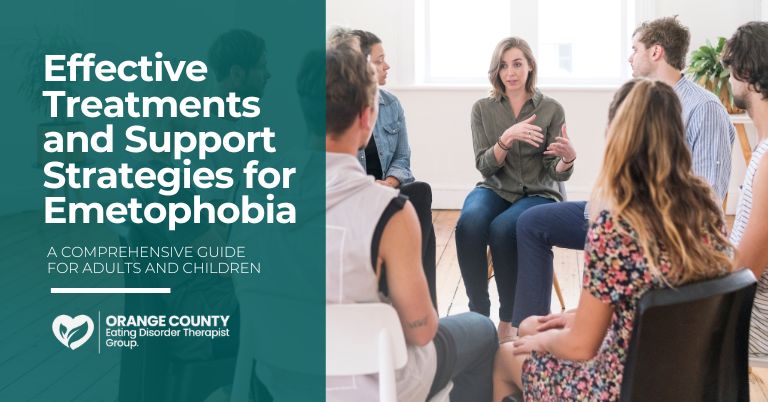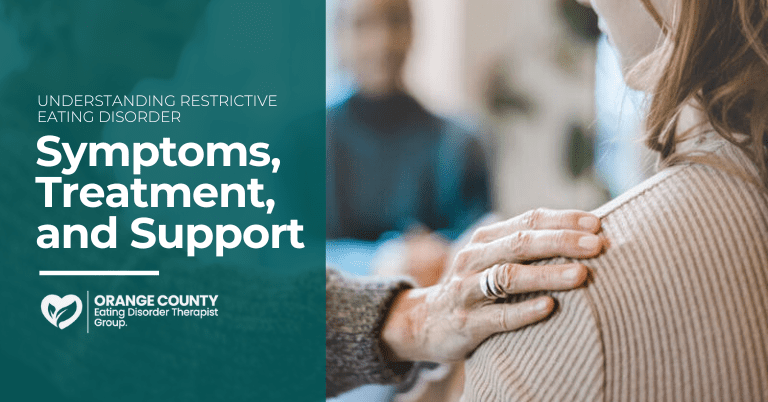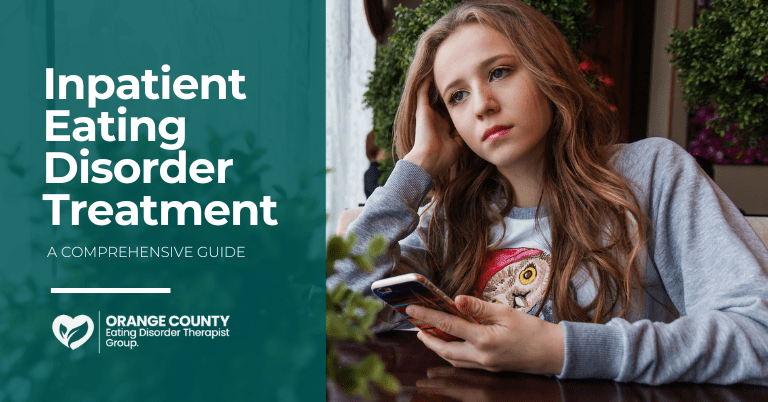Eating Disorders in Young Children
Eating disorders are often associated with teenagers and adults, but they can also affect very young children. Understanding the signs of eating disorder in young children is crucial for early intervention and effective treatment.
This article will discuss the different types of eating disorders that can occur in very young children, their signs, the importance of early diagnosis, and the role of professionals such as eating disorder therapists, dieticians, and specialists in managing these conditions.
Introduction to Eating Disorders in Young Children
Eating disorders in very young children, though rare, are a serious concern. They encompass a range of psychological conditions characterized by unhealthy eating habits, severe distress about body weight or shape, and detrimental impacts on physical health. While eating disorders are more commonly diagnosed in adolescents and adults, recognizing them in young children is essential for preventing long-term health issues.
Signs of Eating Disorders in Young Children
Identifying the signs of eating disorder in young children can be challenging, as these signs are often subtle and can be mistaken for normal childhood behaviors. However, there are specific indicators parents and caregivers should watch for:
- Changes in Eating Habits: Refusing to eat, extreme pickiness, or an unusual interest in dieting and food.
- Behavioral Changes: Increased irritability, withdrawal from social interactions, or excessive concern about body image.
- Physical Symptoms: Rapid weight loss or gain, stomachaches, fatigue, and changes in growth patterns.
Types of Eating Disorders in Very Young Children
There are several types of eating disorders that can affect young children:
- Avoidant/Restrictive Food Intake Disorder (ARFID): Characterized by a lack of interest in eating or an aversion to certain foods, leading to significant nutritional deficiencies.
- Pica: The consumption of non-food items such as dirt, paper, or hair.
- Rumination Disorder: Involves repeated regurgitation of food, which may be re-chewed, re-swallowed, or spit out.
The Importance of Early Diagnosis
Early diagnosis and intervention are crucial in managing eating disorders in very young children. Delaying treatment can lead to severe physical and psychological complications, including stunted growth, developmental delays, and long-term mental health issues. Parents and caregivers should seek professional help if they notice any signs of eating disorder in young children.
Role of Professionals in Managing Eating Disorders
Effective management of eating disorders in young children requires a multidisciplinary approach involving various specialists:
- Eating Disorder Therapist: Therapists specialized in eating disorders can provide essential psychological support, helping children and their families understand and manage the condition.
- Eating Therapist: These professionals work with children to develop healthy eating habits and overcome food aversions.
- Eating Disorder Dietician: Dieticians create customized meal plans that ensure children receive adequate nutrition while addressing their specific dietary needs.
- Eating Disorder Specialist: Specialists offer comprehensive care, coordinating between therapists, dieticians, and other healthcare providers to ensure a holistic treatment approach.
- Eating Disorder Counseling: Counseling services support the emotional and psychological well-being of both children and their families, offering strategies to cope with the challenges of eating disorders.
Stats and Studies
Research on eating disorders in very young children is still developing, but some studies highlight the importance of early intervention.
According to the National Eating Disorders Association (NEDA), early intervention can significantly improve the prognosis for children with eating disorders. Additionally, a study published in the journal Pediatrics found that early treatment of eating disorders in children led to better outcomes and reduced the risk of relapse.
Conclusion
Eating disorders in very young children are a serious but often overlooked issue. Early recognition of the signs of eating disorder in young children and prompt intervention by professionals such as eating disorder therapists, dieticians, and specialists can make a significant difference in a child’s health and development. If you suspect that a young child may be struggling with an eating disorder, seeking professional help is crucial for their well-being and future health.
FAQs
Q1: What are the common signs of eating disorders in young children?
Common signs include changes in eating habits, behavioral changes such as increased irritability or withdrawal, and physical symptoms like rapid weight loss or gain.
Q2: How can eating disorders in very young children be treated?
Treatment involves a multidisciplinary approach, including therapy, dietary management, and counseling. Professionals such as eating disorder therapists, dieticians, and specialists play a crucial role.
Q3: Why is early diagnosis important for eating disorders in children?
Early diagnosis is crucial to prevent severe physical and psychological complications and to ensure better long-term health outcomes.
Q4: Can very young children really develop eating disorders?
Yes, although rare, very young children can develop eating disorders, and early recognition and treatment are essential for their recovery.
Q5: Where can I find professional help for a child with an eating disorder?
Professional help can be found through specialized centers like the Oceanfront Recovery Eating Disorder Services, which offer comprehensive treatment and support for eating disorders. By understanding and addressing the issue of eating disorders in very young children, we can ensure healthier futures for those affected.

